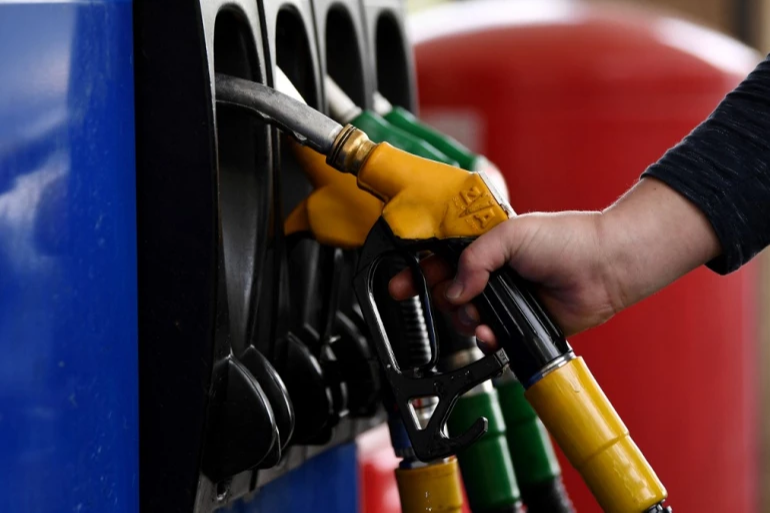
A man stops to refuel his car at a petrol filling station in Paris [File: Franck Fife/AFP]
Paris, October 7 (RHC)-- About 10 percent of petrol stations in the Paris region are having problems getting enough fuel supplies, French government spokesman Olivier Veran said on Friday, as strikes at four TotalEnergies refineries continue for a 10th day.
Strike action and unplanned maintenance have taken offline more than 60 percent of France’s refining capacity – or 740,000 barrels per day (bpd) – forcing the country to import more when global supply uncertainty has increased the cost.
A walkout by General Confederation of Labour (CGT) trade union members at TotalEnergies mainly over pay has disrupted operations at two refineries and two storage facilities, and two ExxonMobil refineries have faced similar problems since September 20.
Nothing has changed at the four TotalEnergies sites since Wednesday, CGT spokesperson Thierry Defresne told Reuters news agency. Veran reiterated that France had enough supplies of petrol overall. “There are temporary problems regarding distribution,” Veran told BFM TV and RMC Radio.
He said that 90 percent of petrol stations in the Paris area had no problems, although 15 percent of petrol stations in France overall were experiencing these “temporary difficulties”.
The strike is part of wider industrial action across France – over wage demands, pensions and purchasing power as inflation spirals across Europe – that has also led to strikes at nuclear reactors restricting power supply.
The French government said earlier this week that France had tapped its strategic fuel reserves to resupply petrol stations that have run dry, amid the strikes by workers at refineries and depots that have curbed production and blocked deliveries.
The UFIP petroleum industry body said the shortages at fuel pumps were due to logistics and not insufficient supplies, saying that the draw on storage had no effect on the national level of reserves.
“It is flexibility given to some regions to tap and balance with other regions who have surplus,” the UFIP spokesperson said about the stock draw.
In the hardest-hit Hauts-de-France region, close to the border with Belgium, authorities banned the sale of petrol and diesel in jerry cans and other portable containers.
The prefect of the Nord department around the city of Lille said he had asked some petrol stations on Wednesday evening to ensure that health emergency workers were given priority.

